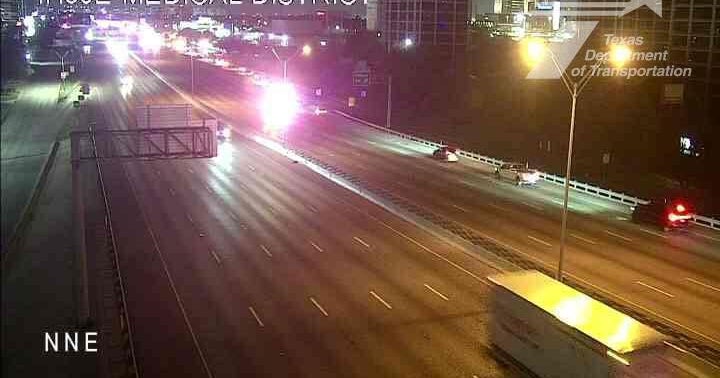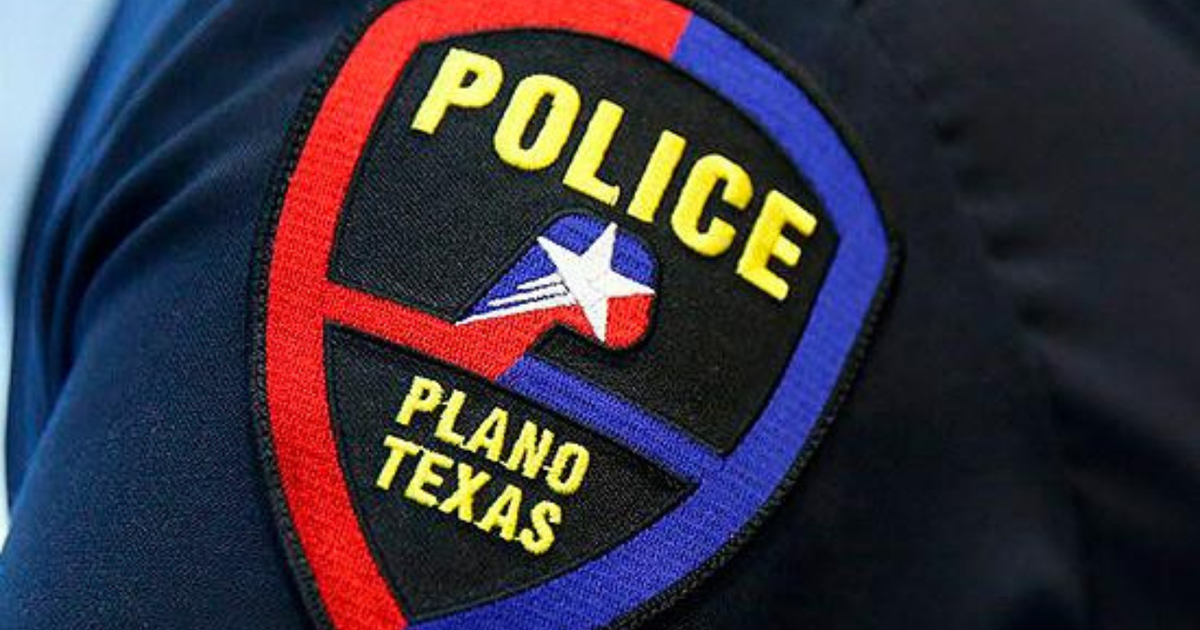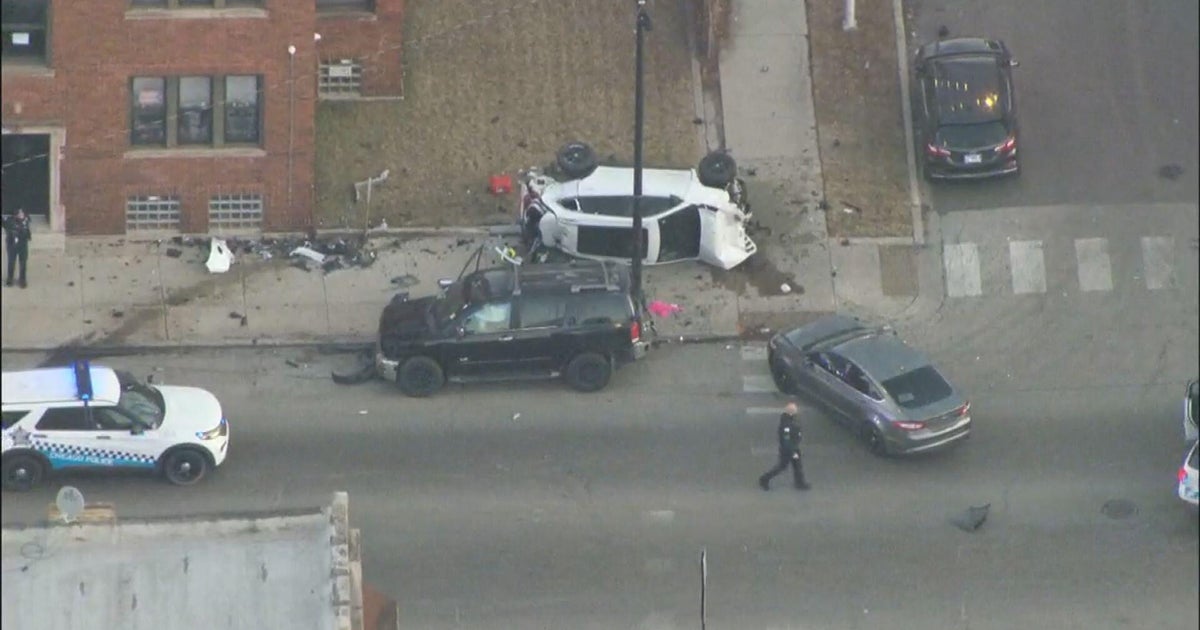Antioch unveils mental health crisis response unit named after Angelo Quinto
ANTIOCH -- Antioch officials welcomed the city's first mental health crisis response team and its mobile crisis response van Monday morning.
"Who are we? Antioch!" yelled Mayor Lamar Thorpe. "Three, two, one..."
And with that, he cut the ceremonial ribbon on a brand-new emergency response van. The event officially introduced the Angelo Quinto Community Response Team, named in honor of the young man who died in 2020 after police forcibly subdued him as he was having a mental health episode. His sister Bella told the crowd she was still haunted by her decision to call authorities for help.
"Everybody said that I did the right thing. But I've often said that the right thing wouldn't have killed my brother," she said. "I welcomed people into his home who existed within a culture of prejudice and dehumanization, and that's a regret that I'll live with forever. But now, there is somebody else to call."
The Community Response Team, or CRT, is trained to calm chaotic situations like Angelo Quinto's, rather than suppress them by force.
"Had that been done, and he been just kept in a calm state and people would have spoken to him, I think he would be alive today," said Angelo's father, Robert Collins.
Quinto was suffering from a mental health crisis and having a dispute with his mother when police arrived to the family's home. Officers restrained him, kneeled on his shoulder, securing his legs and handcuffing him, before calling for an ambulance.
When paramedics arrived, Quinto's face was reportedly purple and he was unresponsive. There was blood on his face and the floor. They began lifesaving measures, but he died later that day at the hospital.
The Contra Costa District Attorney's Office last September declined to file charges against the police, citing autopsy results. That office, and the FBI, are now investigating the Antioch Police Department for a number of alleged civil rights violations.
Antioch Mayor Lamar Thorpe said the incident has changed the city by prompting much of the police reform efforts of the past few years. He also apologized to the Quinto family.
"There are no words that can ever heal the pain that you're experiencing but I hope this gesture here helps you understand that your city is listening to you, your city sees you, we value you, and we respect you," Thorpe said.
The CRT has quietly been operating in the city since February under a contract with a company called Fenton Institute. CEO Al Gilbert estimates they have relieved police of about 30 percent of their calls, most of which they are not properly trained to handle.
"Because you're going to go into a space where you're not an expert, and what happens next can impact the way people look at your police force--as has happened with the Angelo Quinto death," said Gilbert. "The police, once they realized that we're really easy to work with and a real professional organization, I think that they've been really excited, and so have we."
Police Chief Steven Ford agreed. "We embrace them. We need their help and assistance as well. So, this is a joint effort, for sure," he said.
City council member Monica Wilson said while other municipalities around the country have chosen to cut mental health services, "Antioch has decided to buck that trend and make it a priority."
"This investment in a mental health response team will make it so that you never have to lose a member of our community due to mental health needs," Wilson said. "This will ensure that a mental health breakdown is treated as that: a mental health breakdown, not a crime that requires the full force of the police department."
The city will track calls and connect those needing the crisis team to local services that can help. The annual cost of the crisis response team is estimated between $1.8 million and $2.2 million. The city has organized the program with Bay Area social services provider the Felton Institute.
The county is working on implementing its own similar mental health crisis response team, as are various cities around the Bay Area, including one connected to the San Ramon Valley Fire Protection District.







